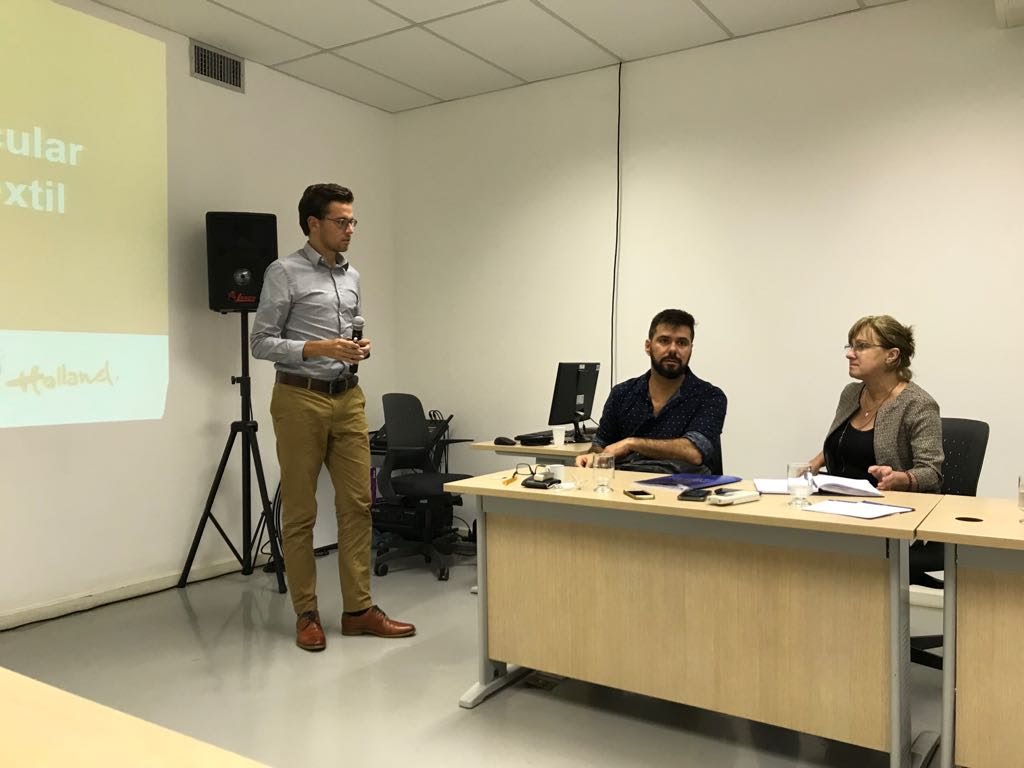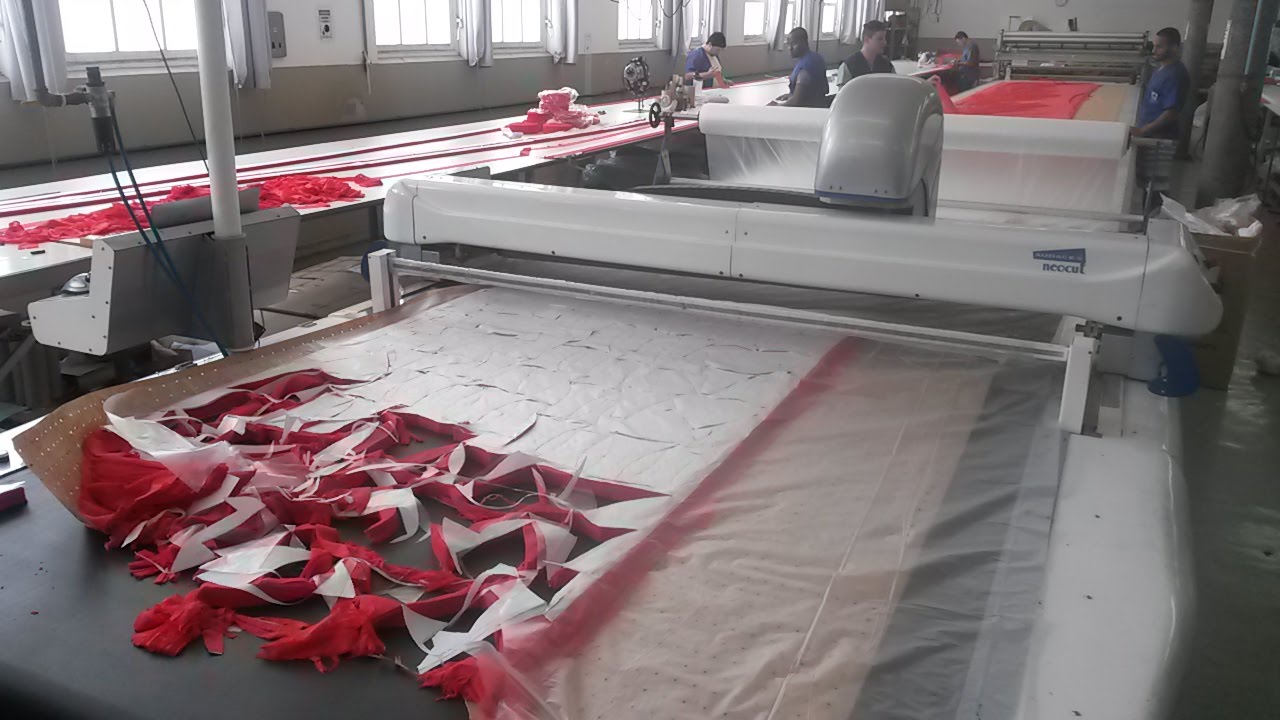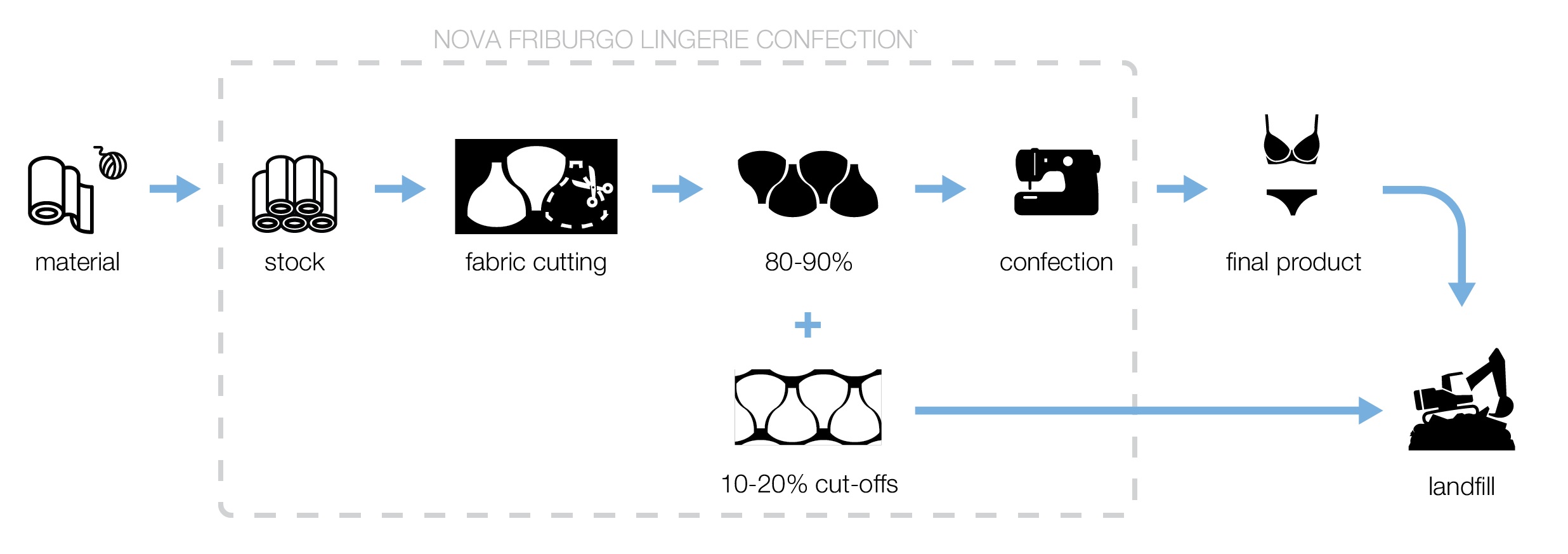Internship in Brazil
Circular Economy internship at the Dutch consulate in Rio de Janeiro
Industrial Ecology student Lodewijk Luken tells about his internship in Brazil
How can we export the Dutch expertise in Circular Economy to other countries? That’s the underlying question of the internship that I started in September 2017 at the Dutch consulate in Rio de Janeiro.
In the Netherlands new business practices and opportunities are arising from applying the Circular Economy (CE) approach. This is potentially an opportunity to strengthen the Dutch economy if this is exported to other countries. Therefore, the consulate in Rio has chosen CE as one of its main focusses and hired me as an intern to focus fulltime on this topic. A very interesting task for me as an Industrial Ecology student.
The role of a consulate is to stimulate trade by setting up contacts, identifying opportunities and organizing events and mission for Dutch and foreign companies: not really the type of work that fits the best to me, since I have a background in Architecture and used to work on more concrete projects. On the other hand, it’s a great learning experience and the perfect opportunity for me to go back to Brazil, were I previously lived for an internship in architecture.
Before my arrival, some reconnaissance missions and knowledge exchange about CE had already taken place between the Netherlands and Brazil. My task was to concretize this, by focusing more and to map the specific opportunities for Dutch CE expertise in the Brazilian industry.
I quickly decided to focus mainly on the textile and clothing industry, based on the expertise and knowledge that the Netherlands has to offer and the interest on the Brazilian side to innovate in this sector. Also, in Brazil quite some designers and fashion brands are aware of the environmental impact of the industry and start to innovate. At the same time, the economic crisis and a lack of environmental consciousness in Brazil limits the interest in sustainable innovation that doesn’t lead to financial benefits on the short term.
For this reason I went looking for (urgent) problems and bottlenecks in the industry, where it’s more likely that a CE solution is adopted. I found this in the lingerie confection industry in a neighboring city of Rio de Janeiro, where around 20 percent of all raw material input is lost as cut-offs. Currently the lingerie producers have to pay to get rid of this waste and the municipality puts pressure on them to minimize this amount.
In the Netherlands, solutions to recycle the cut-off waste as valuable new products, such as fiber-to-fiber recycling, are in development. Therefore, there is a possibility for a collaboration of the Brazilian lingerie confection industry with the developers of this project and other possible CE solutions. To interest the Brazilian companies, I visited seven of them and in a presentation for the local council I presented the Dutch CE approach, focused on the clothing industry. This way, the companies are familiarized with CE in the Netherlands and a basis is formed for future collaboration.
The next step to start a real collaboration is to integrate it in the Living Lab Circular Economy, which is currently being set up in Rio de Janeiro. In this Living Lab, Dutch and Brazilian universities work on applied research projects in the field of CE, with a strong connection with the industry. Therefore, the challenge from the Brazilian lingerie confection industry is a suitable topic for the Living Lab.
It has been a very interesting experience to work on governmental level about Circular Economy. Beforehand I knew that direct trade opportunities in CE practices would not arise on the short term, but, honestly, I was surprised by the interest that Brazilians showed in CE. At the same time I’m happy to go back and do other, more concrete work after the internship. I realize that the work of the consulate (and the government in general) is very useful to stimulate trade, but I want to work where the real projects and innovation take place.


